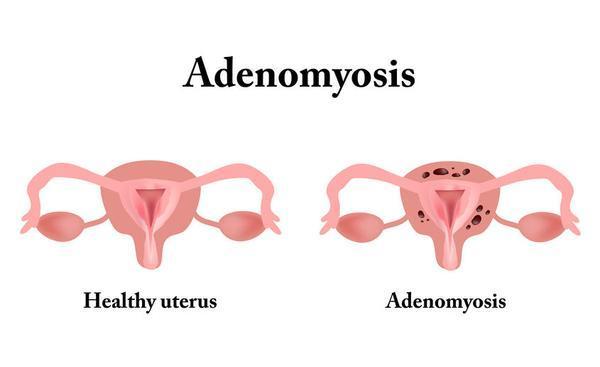Presumably, everyone has heard the words of "rejuvenation" and eternal youth in various film and television dramas!
Of course, we all know in our hearts that this is the plot in the TV series, and it is also the fantasy of human beings about the beauty of life. In real life, no one can resist the footsteps of aging, and nature has already formulated the law of life, old age, illness and death for human beings.
Although in recent years, due to various factors, the average life expectancy of mainland residents has increased significantly, but it is only about 76 years old!

Usually, one of the most typical symptoms of female aging is "menopause", when women enter the age of 45-55, affected by the aging and complete loss of ovarian function, the endometrium is not in the cycle of thickening and shedding.
In general, the vast majority of mainland women have menopause before the age of 55, and it also means a complete loss of female reproductive function.
However, in life, there are also some women who have obviously been menopausal for a while, but recently there is a big aunt again, what is going on, is it really the legendary "rejuvenation"? wrong!
Usually, women have "menstrual cramps" again after menopause, which is often related to the following factors:
1. There is no complete menopause
Many people mistakenly believe that as long as a woman's menstrual period stops, it is a manifestation of a complete loss of ovarian function. But in fact, in clinical view, after menopause, women's ovarian function only becomes worse, but it may not disappear completely immediately, and it generally takes about 2-3 years, or even up to 6-8 years.
In this case, because the ovarian function has not been completely degraded and can produce certain hormones, the endometrium will still have a small amount of bleeding after sensing this stimulation, but this condition will generally gradually disappear with the prolongation of menopause;
2. There is gynecological inflammation
Menopause only means the loss of fertility, but the basic physiological structure of women has not changed, and there may still be a variety of gynecological diseases, including endometritis, cervicitis and vaginitis, etc., the most common of which is senile vaginitis.
The disease can cause hyperemia of the vaginal mucosa, sometimes there may be small bleeding spots on the mucous membrane, and even superficial ulcers, followed by symptoms of bleeding from the private parts;
3. Malignant diseases
After menopause for more than a year, women suddenly have abnormal vaginal bleeding, such as irregular small amounts of vaginal bleeding, or after sex, forceful stool, gynecological examination, a small amount of blood is discharged from the private parts, which may not be the symptoms of rejuvenation.
It is a signal of the arrival of malignant diseases of the reproductive organs, such as cervical cancer, ovarian cancer, endometrial cancer, etc., which can cause bleeding in the private parts. Especially for endometrial cancer, the probability of postmenopausal bleeding can reach about 80%;
4. Influence of birth control ring
This is a very dangerous situation if a woman has placed a birth control ring in the uterine cavity for contraception and has not removed it according to the prescribed time, and then completely ignored after menopause.
Because after menopause, the endometrium cannot be metabolized, and the uterus will continue to shrink and become smaller and smaller. In the process of rubbing the birth control ring with the uterus, it will cause repeated vaginal bleeding, long-term back pain and other problems.
Finally, we should remind everyone that the recurrence of bleeding after menopause in women is not a manifestation of rejuvenation, but is affected by many factors.
If a woman's menopause has exceeded 1 year and vaginal bleeding occurs again, it is necessary to be highly vigilant, which is likely to be a manifestation of the arrival of the disease, and it is necessary to seek medical attention in time for relevant screening.